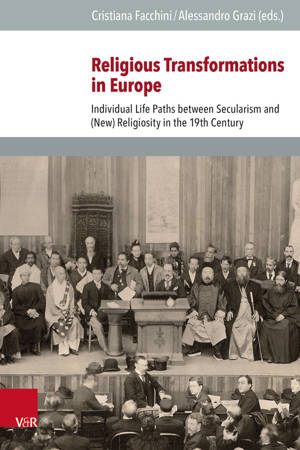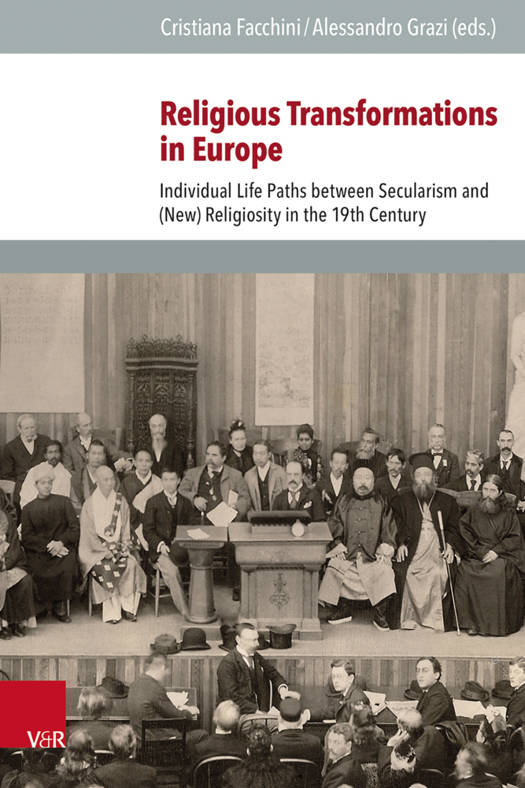
- Afhalen na 1 uur in een winkel met voorraad
- Gratis thuislevering in België vanaf € 30
- Ruim aanbod met 7 miljoen producten
- Afhalen na 1 uur in een winkel met voorraad
- Gratis thuislevering in België vanaf € 30
- Ruim aanbod met 7 miljoen producten
Zoeken
Religious Transformations in Europe
Individual Life Paths Between Secularism and (New) Religiosity in the 19th Century
€ 64,45
+ 128 punten
Omschrijving
This book focuses on individuals who, in the course of their lives, turned away from their religious communities of origin. In some case, individuals who criticized their religious communities sought to reform them from within; in other cases, they joined other religious groups or searched for alternative types of religion, among which one should include ersatz-religions. The book illustrates how secularization and religiosity are by no means mutually exclusive but are interwoven in many ways, as it appears more evidently in individual perspectives.It assumes with Detlef Pollack that "religion has a high formative power even under modern conditions, is compatible with modernity and is itself capable of becoming a source of modernity" (2016). In this respect, secularization can be understood as "the reshaping and the continued effect of originally religious motifs and meaning outside the narrowly religious realm" (Nuchtern 1998). This volume asks to what extent these moments of transition and border-crossing are to be understood as consequences or expressions of "secularization," as transformations of the religious, or as manifestations of "new" religiosity.
Specificaties
Betrokkenen
- Uitgeverij:
Inhoud
- Aantal bladzijden:
- 192
- Taal:
- Engels
- Reeks:
- Reeksnummer:
- nr. 144
Eigenschappen
- Productcode (EAN):
- 9783525571484
- Verschijningsdatum:
- 12/05/2025
- Uitvoering:
- Hardcover
- Formaat:
- Genaaid
- Afmetingen:
- 155 mm x 231 mm
- Gewicht:
- 72 g

Alleen bij Standaard Boekhandel
+ 128 punten op je klantenkaart van Standaard Boekhandel
Beoordelingen
We publiceren alleen reviews die voldoen aan de voorwaarden voor reviews. Bekijk onze voorwaarden voor reviews.










